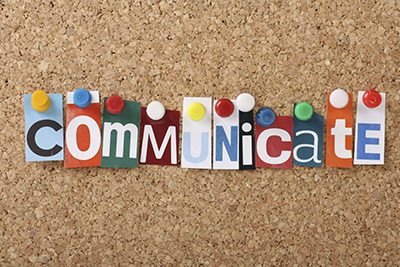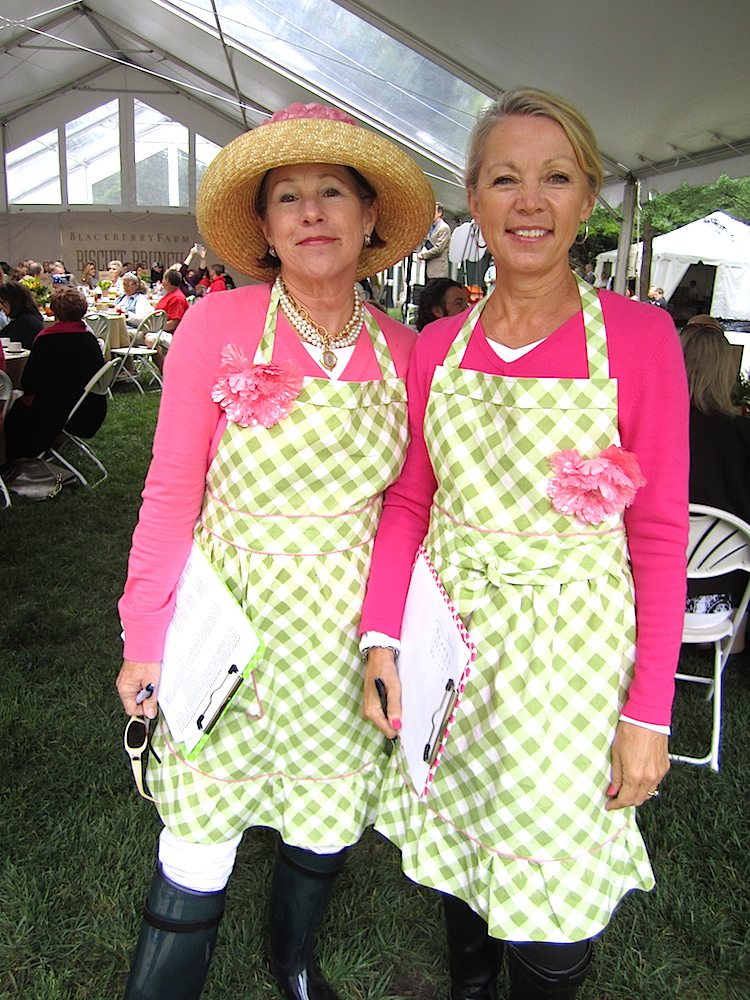
When I think about communication, or the lack thereof, my mind immediately goes to “Who’s on first?” – the classic Abbott and Costello comedy sketch about the names of baseball players.
The wildly popular routine, which first was heard on the radio in the 1930s, is featured at the National Baseball Hall of Fame in Cooperstown and, in 1999, Time magazine named it the best comedy sketch of the 20th century.
The humor resonates because most everyone experiences communication gaffes from time to time.
While we may chuckle at the antics of Abbott and Costello, a failure to communicate often is no laughing matter. For event planners, clear communication is more than a good idea, it’s an essential component of success. Cover the bases, pun intended.

Judith Foltz, director of the Office of Special Events for the City of Knoxville, offered this motivator for good communication: “If you don’t do it well, it will come back and get you.”
Foltz certainly would know. Her job demands that she keep a lot of balls in the air and maintain open lines of communication.
The Office of Special Events works with individuals and organizations that sponsor the nearly 500 festivals, parades, picnics, concerts, road races and other events held each year on city-owned property and streets.
Those events range from modest gatherings involving a few dozen participants to large celebrations like Boomsday, Holidays on Ice and Festival on the Fourth, where the city provides the logistics covering everything from access to electricity and cleanup services to police and emergency medical coverage.
If all that’s not enough, the office also manages the city’s festivals, like the month-long Christmas in the City celebration, plans special events on behalf of the mayor’s office and is responsible for scheduling activities and events on Market Square.
Foltz said her team constantly is perfecting communication and learning from each event.
“Communication helps us serve the community in the most effective way, so we work to provide every bit of information that is needed,” she said. “When we received complaints from people who didn’t know that roads would be closed, for example, we started sending weekly press releases identifying road closures.”
At Moxley Carmichael we incorporate practicality into the communication system. When discussing a project or task, the person receiving instructions reiterates what was heard for clarity. This quick and easy step ensures everyone is on the same page while working for our clients. It works so well that I find myself doing it outside the office.

Within our firm’s culture of communication, Director of Client Services Lauren Miller is a shining example of how to do it right. Miller also has a number of successful events under her belt, so going to her for input made sense. These are some of the takeaways:
- Err on the side of over-communication. “Pilot Pumpers is a great example of an event that requires an abundance of communication. We’ve moved to an automated system where celebrity pumpers can click through an evite to sign up for the time and Pilot location where they want to pump gas. After they register, we send a confirmation email that thanks them for participating and verifies when and where they’re signed up to participate. We’ve had several instances when this small step helped clear up potential mishaps, such as having a pumper show up at one location when we were expecting them at another.”
- Conduct business face to face or by phone when possible. “Email may be easy, but it’s not always best. Because email doesn’t afford the opportunity to glean meaning from nuances and inflections in conversation, it leaves more opportunity for miscommunication.”
- Put it in writing. “Following a meeting or phone conference, I like to send an email (copied to every member of the event planning team) that captures the tasks and next steps. Doing so not only leaves a ‘paper trail,’ but also helps keep everyone in the loop and prevent misunderstandings. Spreadsheets with timelines, tasks and responsibilities also are very effective, particularly when there are many members on the event planning team.”
- Assemble an accessible and responsive team. “Pulling off a successful event requires that you manage in the moment. You need to be sure that you have a strong team and that you can reach them when you need them.”
- Hold a post-mortem. “It’s always a good idea to hold a meeting following an event to discuss what went well and areas for improvement. Be sure to take notes and use them for future events.”
Foltz noted that there are no closed doors in the Office of Special Events.
“We need to be able to see each other and stay in contact,” Foltz said. “Also, it’s important that everybody has a role and that they know what their responsibilities are.”
To take your event from good to great, be sure to harness the power of effective communication.
Michelle Henry is a recovering event planner who now serves in a part-time role at Moxley Carmichael with a focus on writing. When not at the keyboard, you’ll likely find her at the pool – or thinking about being at the pool – or somewhere with her nose in a book.